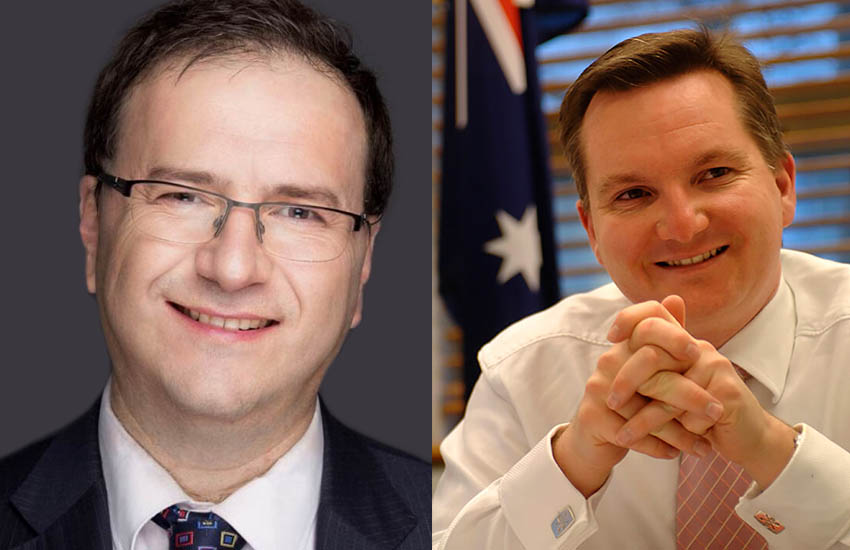Brown Wright Stein partner Geoff Stein has launched a scathing attack on the opposition’s plan to limit the deductions for the cost of managing tax affairs to $3,000.
“From a public policy perspective, most people would know if you pick up the tax law, there can be really complex questions to simple facts or scenarios,” said Mr Stein.
You’re out of free articles for this month
“It is particularly reprehensible that the attack is on the profession. With very few exceptions, most tax professionals are all about making sure that the playing field is kept fair and to try the best for their clients and comply with the system so attacking the profession is counterproductive.”
Labor’s costings show that the proposal will rake in $1.8 billion to 2028–29, and will only affect less than one per cent of all taxpayers, roughly 90,000.
Its analysis of ATO data showed that in 2014–15, 19 people claimed an average of $1.1 million in deductions for the use of “the lawyers and tax advisors that helped them pay no tax”.
“Labor says it is to stop those clever advisers whittling down the tax bills of wealthy clients,” said Mr Stein.
“What we really think is going on when we look at those statistics, is that those fees relate to fighting the commissioner about objections and appeals, GIC charges, applications for private rulings, things that are all legitimate within the constraints of the administration of the act as it currently is.”
Accountants Daily understands that while there will be a carve-out for individual small businesses with an annual turnover of up to $2 million, individuals and other business-like structures such as trusts and partnerships that are taxed as individuals will be affected by the measure.
The ‘managing tax affairs’ deduction covers expenses relating to preparing and lodging tax returns and activity statements include the costs of lodging tax returns through a registered tax agent, obtaining tax advice from a recognised tax adviser, appealing to the Administrative Appeals Tribunal or courts in relation to tax affairs, interest charges by the ATO, and dealing with the ATO about tax affairs.
The cap has been widely panned by the industry, with the Tax Institute calling the proposal “outrageous”.
Findex senior partner Trevor Pascall said such a limit would see taxpayers limiting their advice to a dollar amount, potentially leaving them worse off.
“If the maximum deduction is limited to $3,000, we are concerned that this cap will lead taxpayers to limit their advice to a dollar amount, not what is required for them to have their tax affairs in proper order,” said Mr Pascall.
“It is likely people will not want to spend more than $3,000 to get adequate advice to manage their tax affairs – thus leaving them exposed to potential risks of not getting their tax affairs in order and, potentially, paying more tax than they are required to under the law.”
This email address is being protected from spambots. You need JavaScript enabled to view it.

 Login
Login






